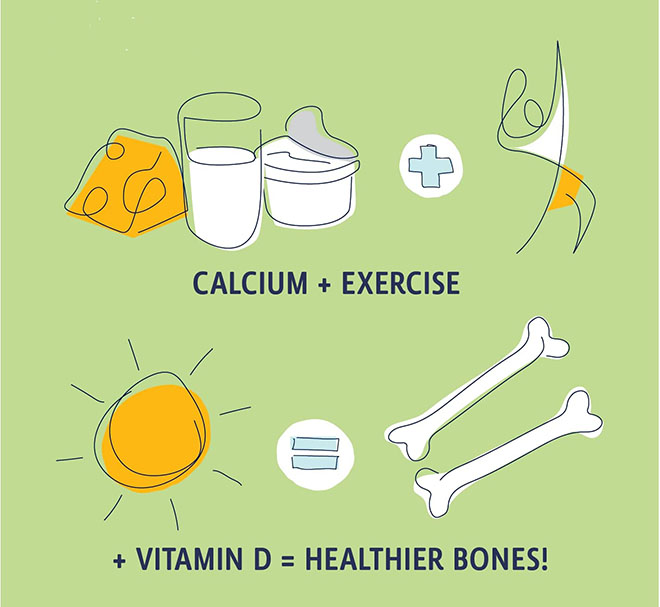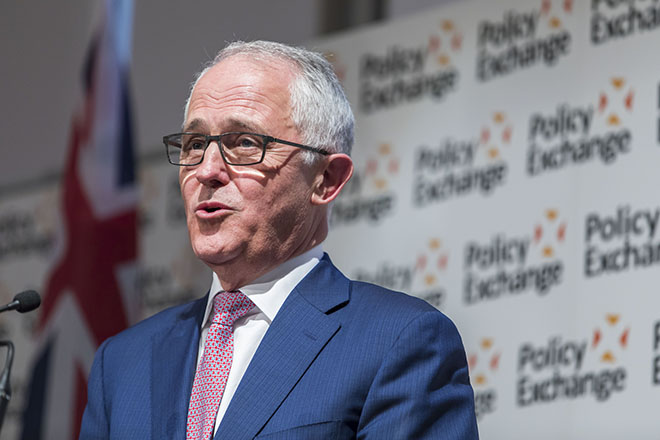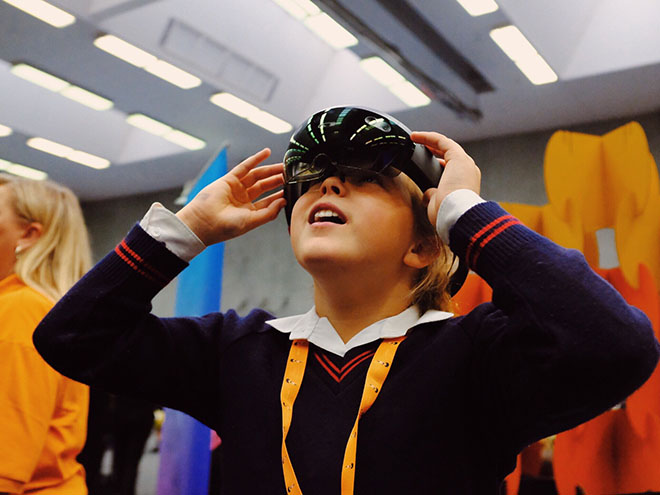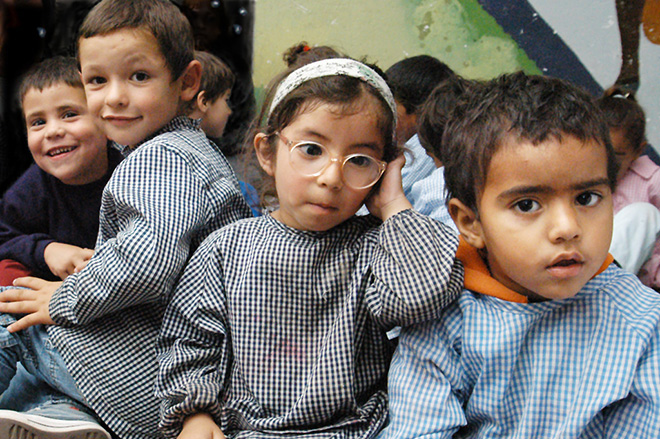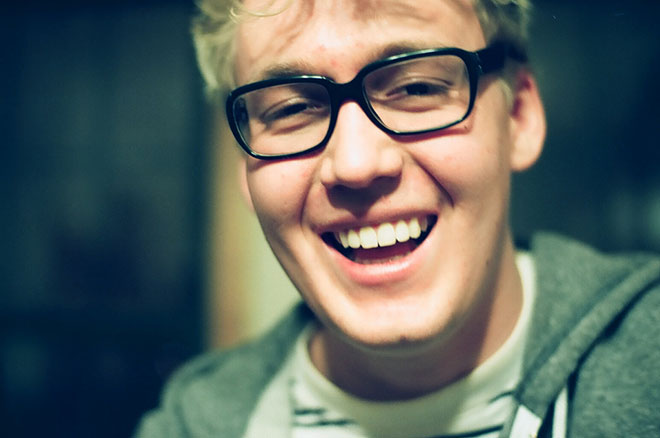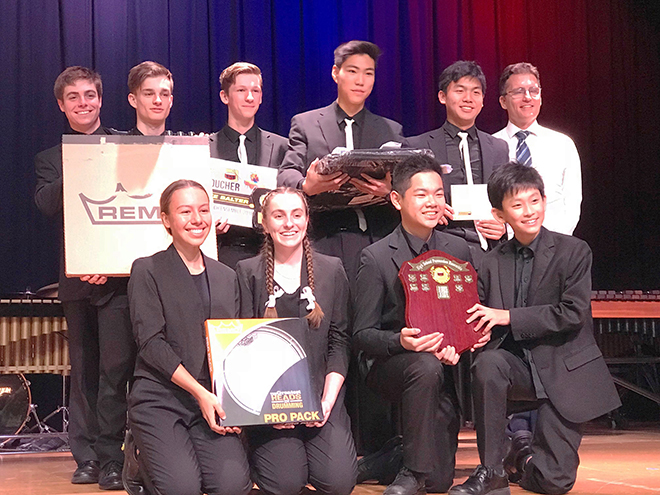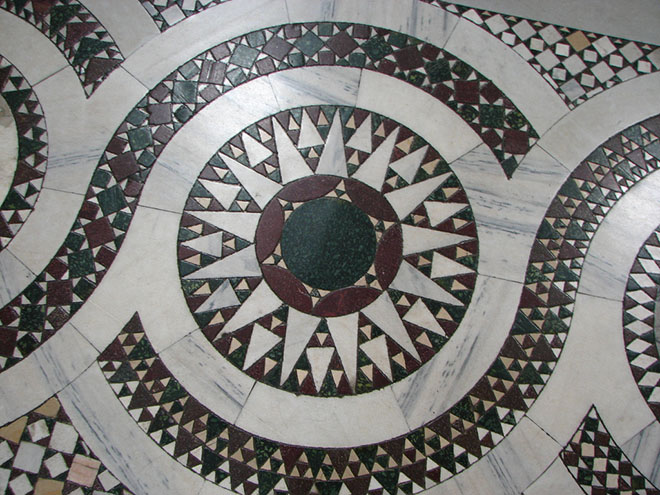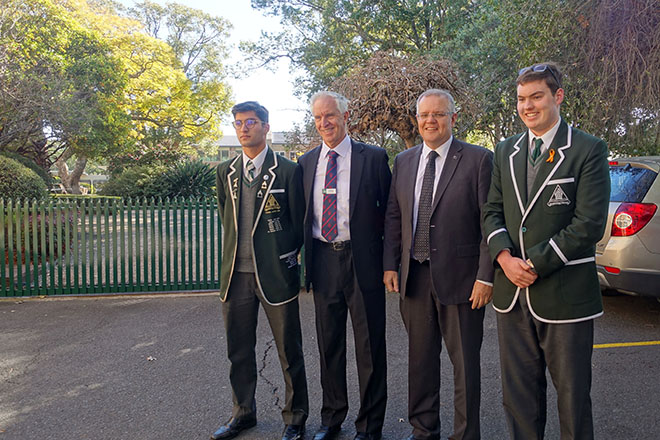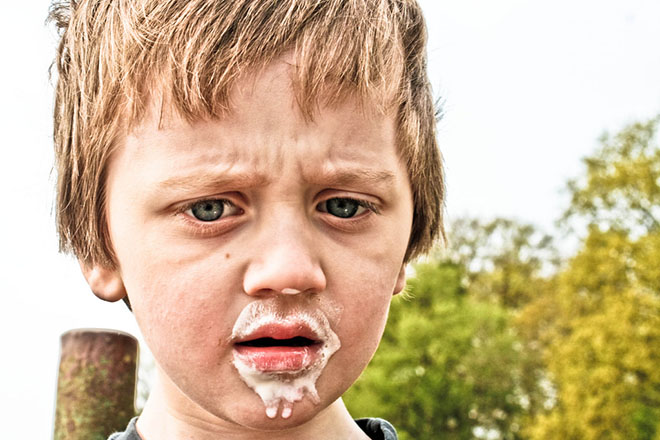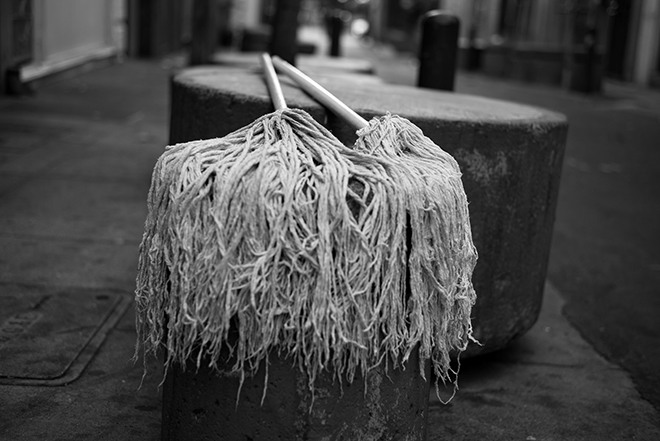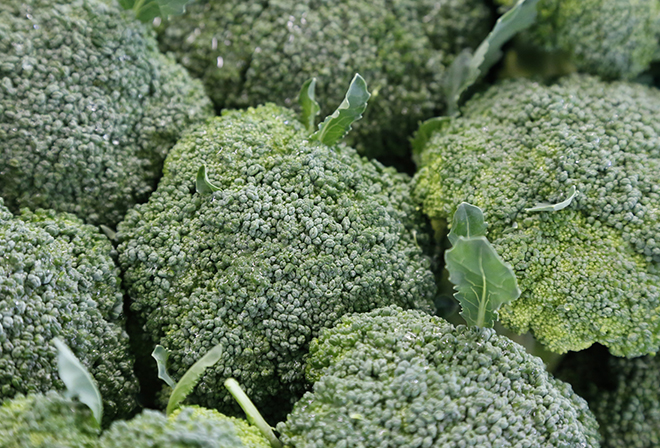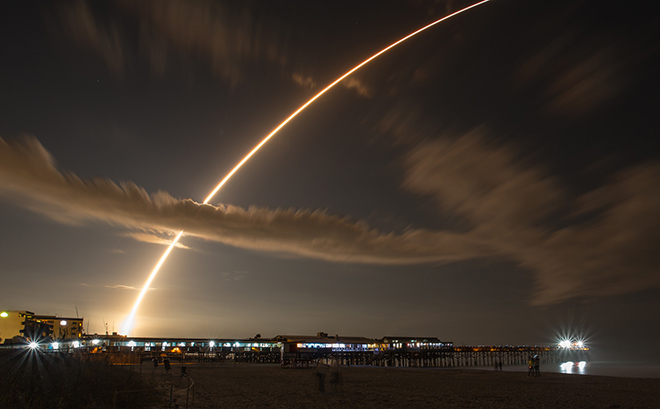Articles
Most parents unaware of kids’ bone health
Some 92% of parents believe that their children are getting enough calcium, vitamin D and exercise but most are mistaken; only one-third of children consume the recommended daily serves of dairy foods.
11 thousand voices against public school funding cuts
Some 11,000 public-school supporters signed an open letter to Prime Minister Malcolm Turnbull criticising his government’s cutting $1.9 billion in funding for public schools in 2018 and 2019.
Record 2000 school girls attend largest student tech event in Australia
If girls aren’t supposed to be into tech someone failed to inform the 2000 plus who attended Go Girl, Go For IT, a record number.
EEF has some good advice for Australia
Like it or not your background has a strong, very strong, bearing on how your education and life will pan out and the UK’s Education Endowment Foundation has been doing its honest best to level out the playing field.
Why Australian schools and universities need to act more like Amazon
Knowing what students want and finding a way to give it to them is the only way progressive schools and universities will succeed in a highly competitive education market.
Sheldon College Repertoire of Sound beats the competition
Sheldon College were voted as National Champions and Place Winner for all ensemble prize categories entered at the 2018 Australian Percussion Eisteddfod recently.
More women and girls in maths thanks to AMSI
Established as a collaboration of Australia’s university mathematics departments and agencies, Australian Mathematical Sciences Institute (AMSI) membership and global impact have grown.
Students put Scott Morrison under the pump
It's become a tradition at Trinity Grammar and Scott Morrison recently became the fifth sitting Treasurer to answer some tough questions from the school’s economists since the first Q&A in 1983.
Teachers can be too strict
A bit of noise and chaos should be tolerated in class if not encouraged to promote better concentration and, oddly, conduct says a US training program which has been vindicated by recent research.
Migrant school cleaners among most vulnerable
The Fair Work Ombudsman has forced Veracity Property Services Pty Ltd to improve compliance and back-pay two Sri Lankan workers who provided cleaning services to a southeast Melbourne government school.
Teachers enlisted to train fussy eaters
Fussy eaters are hard to win over and it takes a combined effort shared between parents, carers, grandparents and teachers to help the most fussy eaters to eat healthy, varied diets during their preschool and early school years. .
Robots, Martians and scientists to invade classrooms
Dancing robots, tales from the high seas and news from outer space will all make their way into more than 350 Australian classrooms today as part of the CSIRO-led STEM in Schools event.
